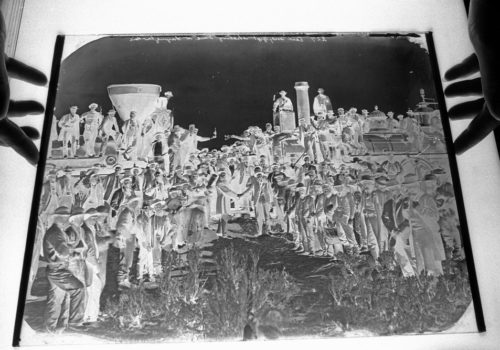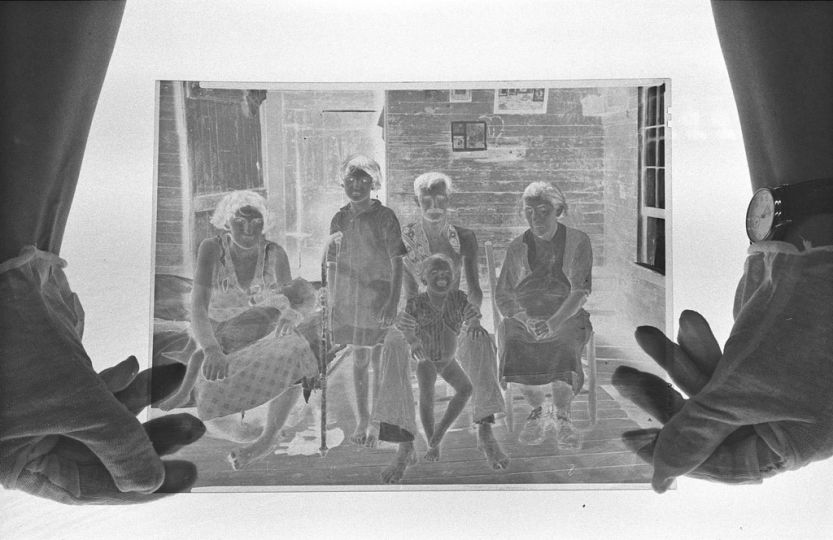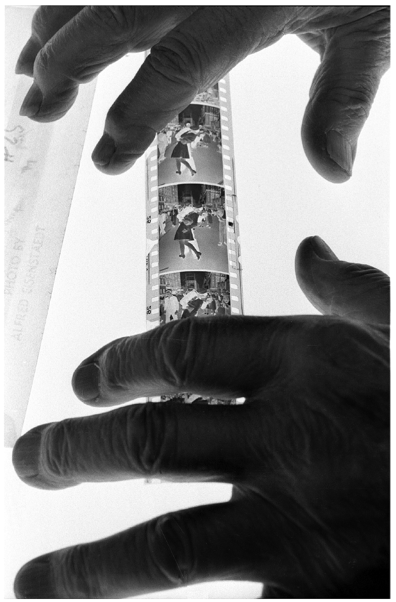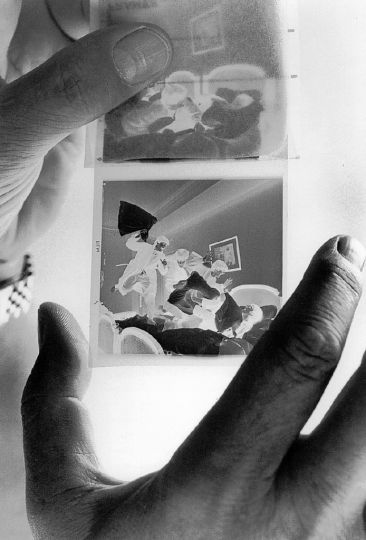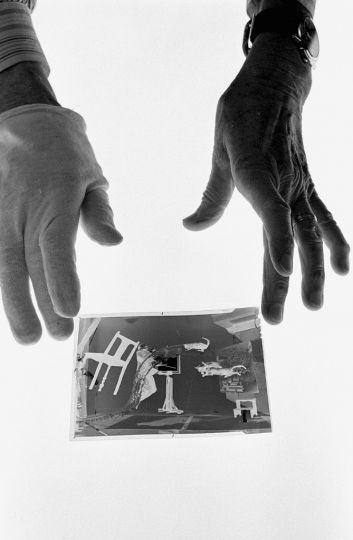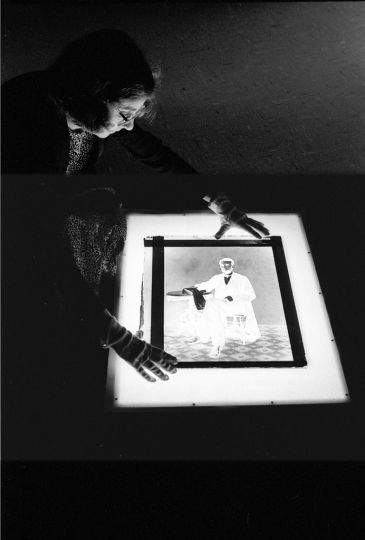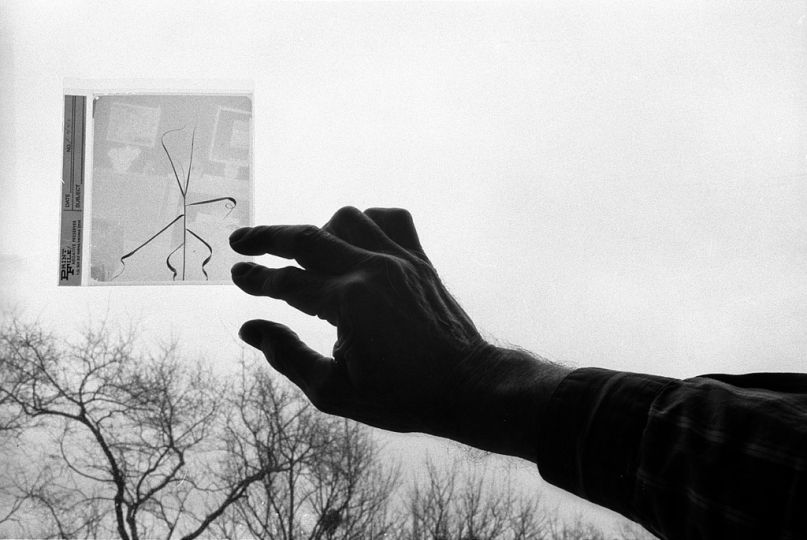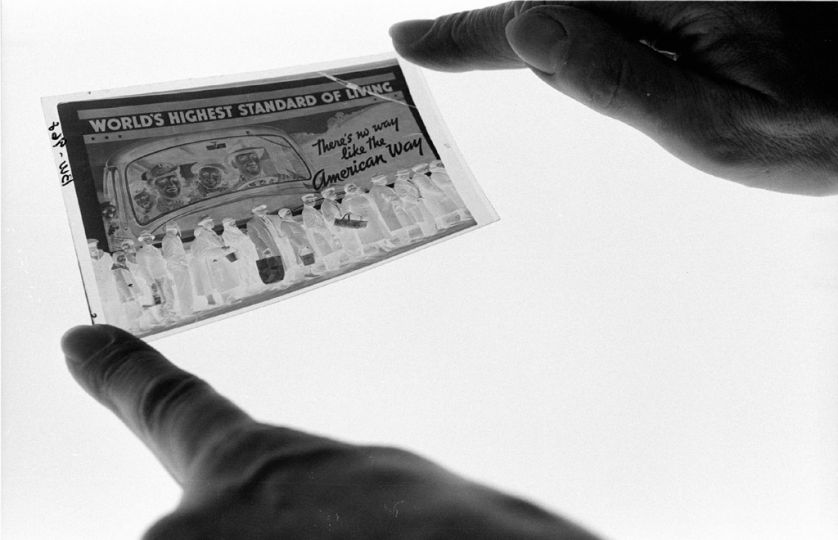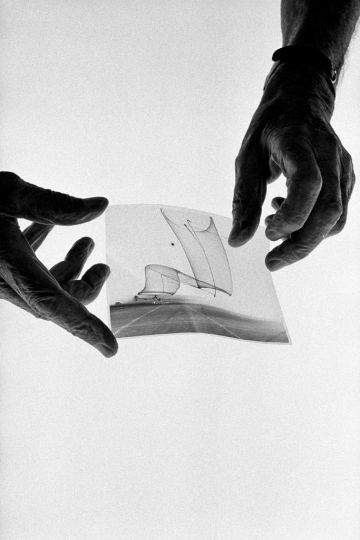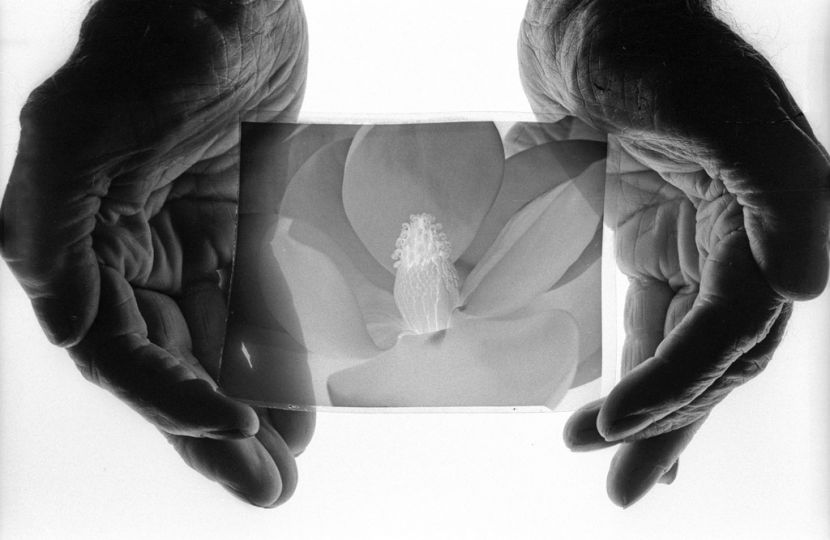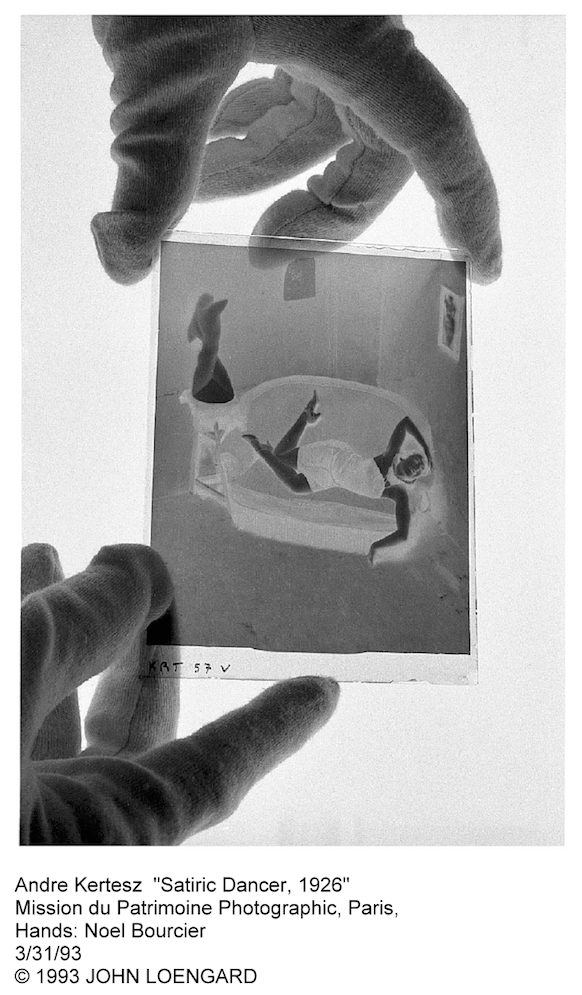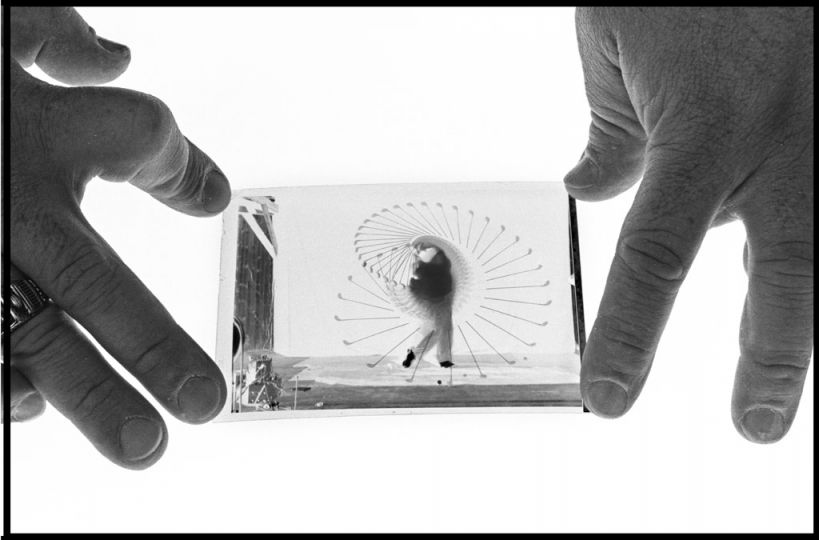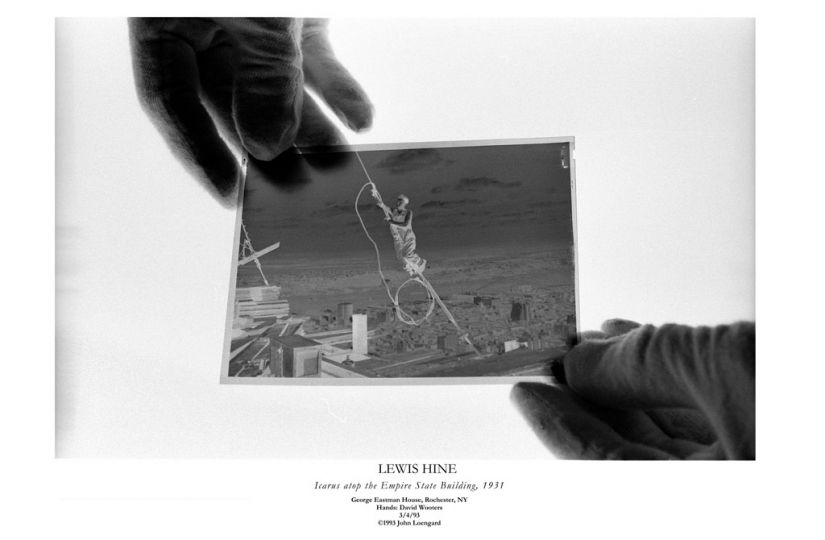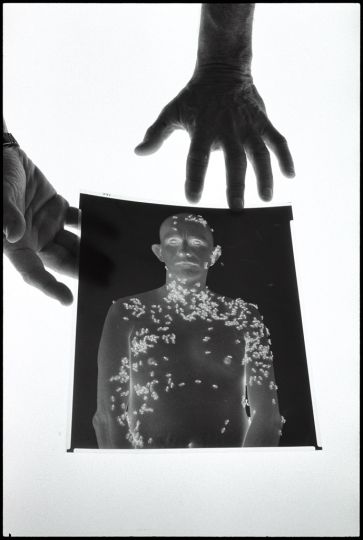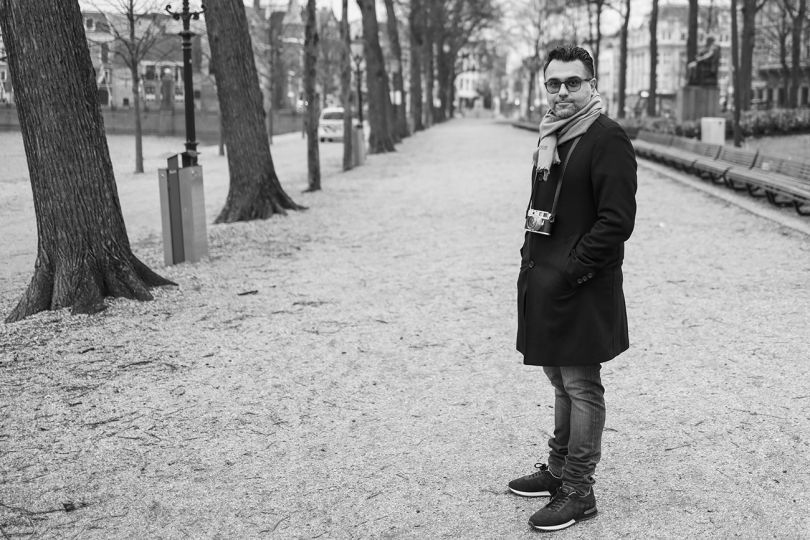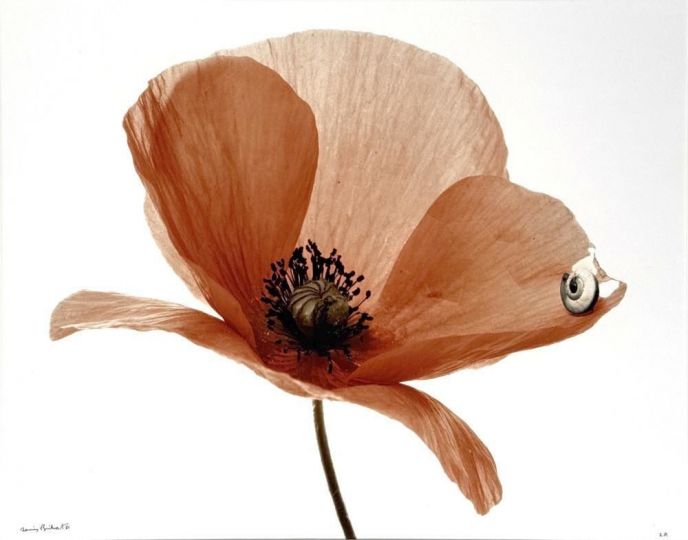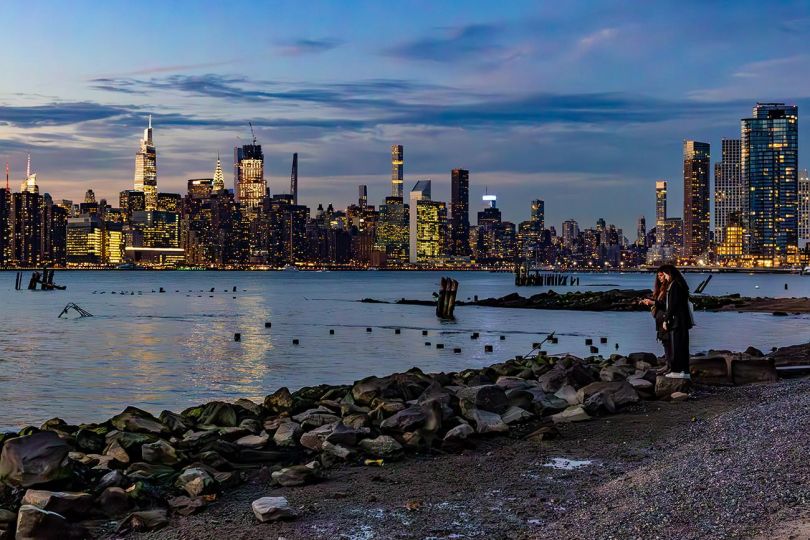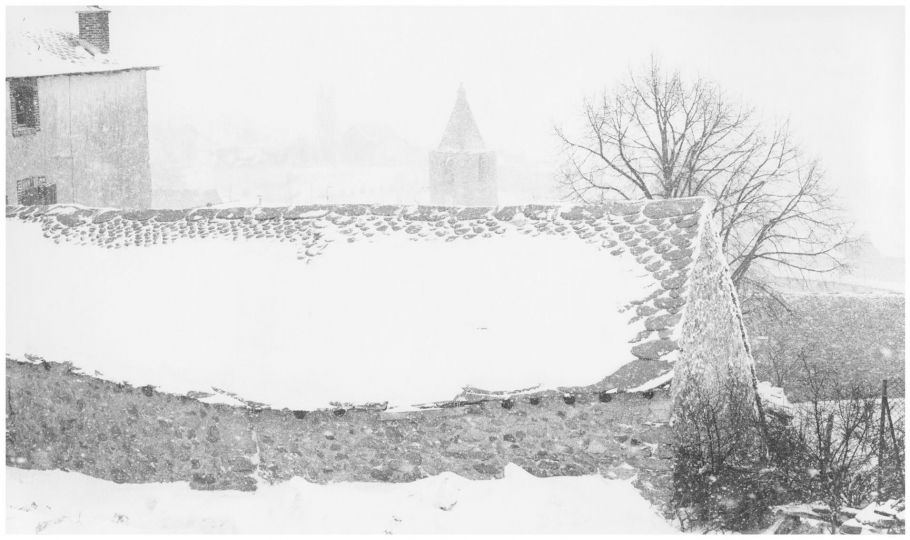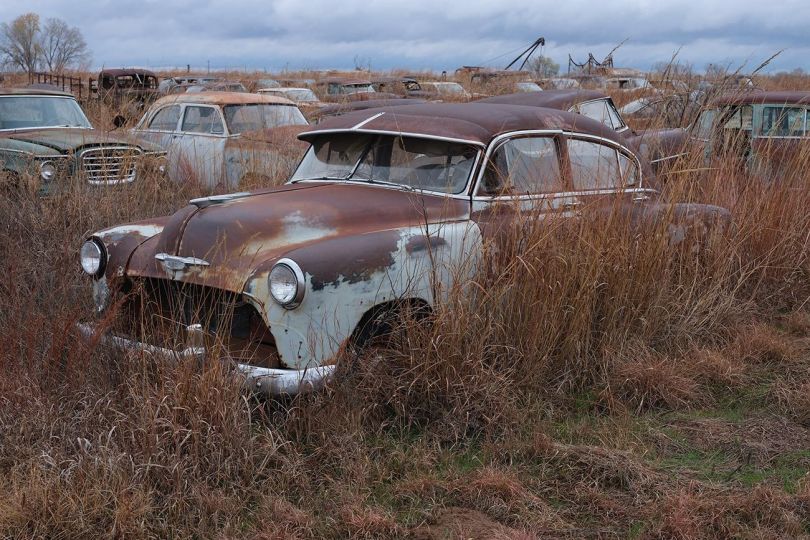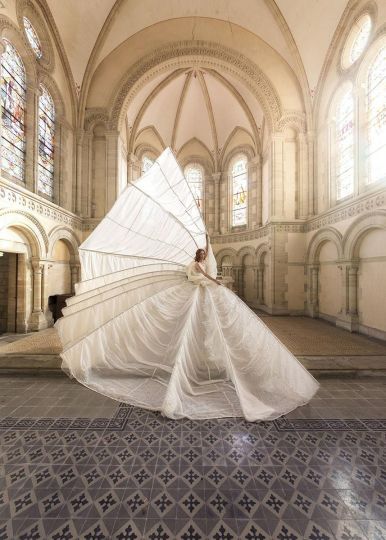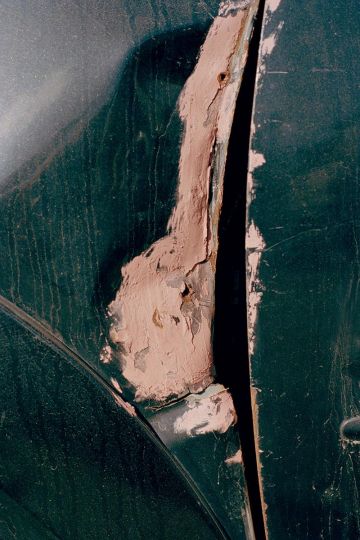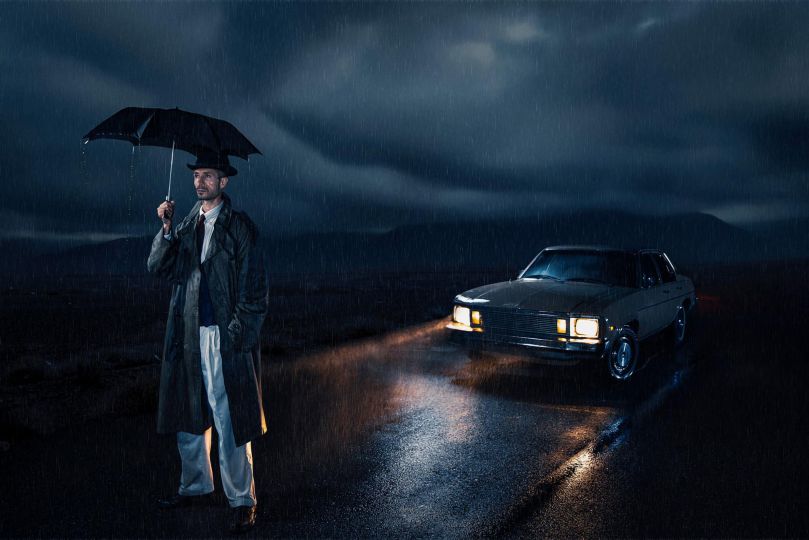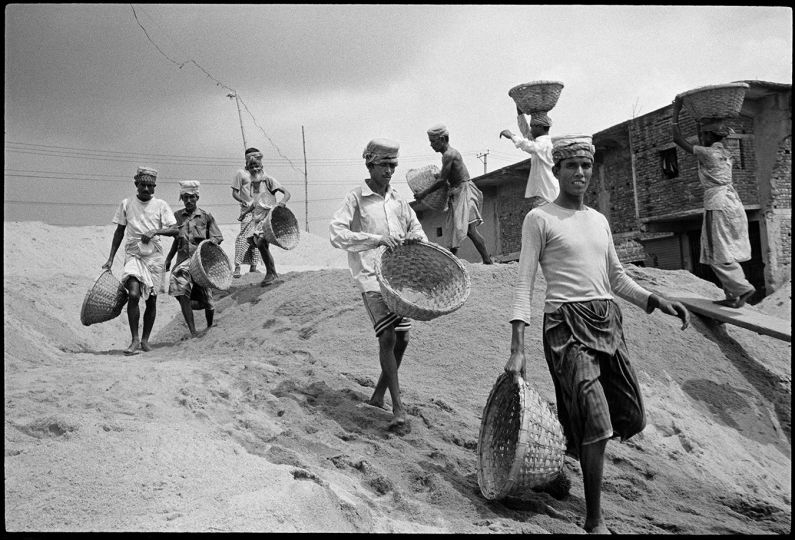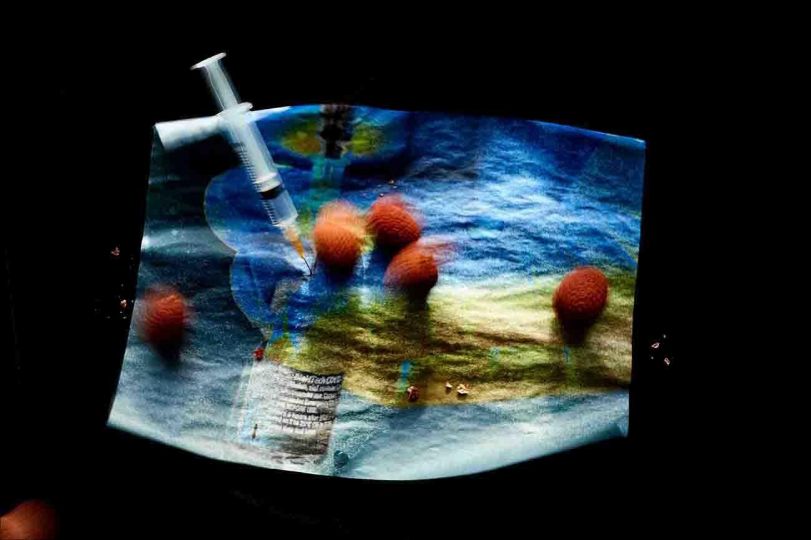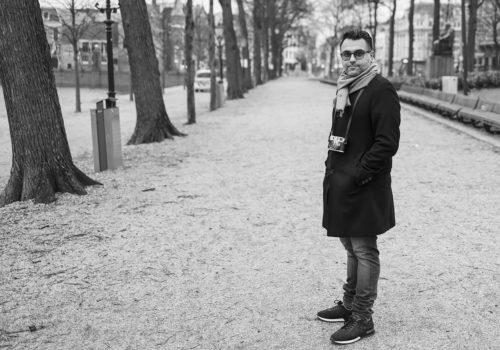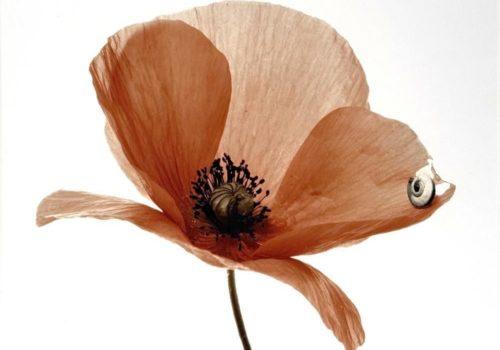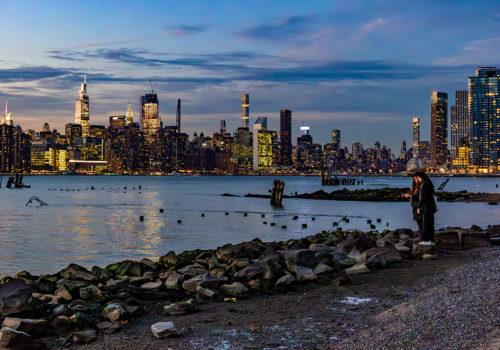In 1844, Asa Whitney, a New Yorker, suggested that the federal government sponsor a transcontinental railroad to speed travel to the Far East. Congress surveyed routes and listened to pitches from various towns and territories before deciding that the the Central Pacific Railroad should build east from San Francisco while the Union Pacific would build west from Chicago. The rails met at Promontory Point, Utah, on the 10th of May, 1969, in a photo opportunity.
California sent a golden spike, and A. J. Russell, who had made photographs as a captain in the Union Army, set up his camera with its 10 x 13 inch glass plates. After the speeches, according to historian Barry B. Combs, the Union Pacific’s engine No. 119 (right) moved over the spot where the spike was placed and close to the Central Pacific’s locomotive Jupiter, which sported a wide funnel designed for engines burning wood. Grenville M. Dodge (right) and Samuel S. Montague, the two chief construction engineers, shook hands.

